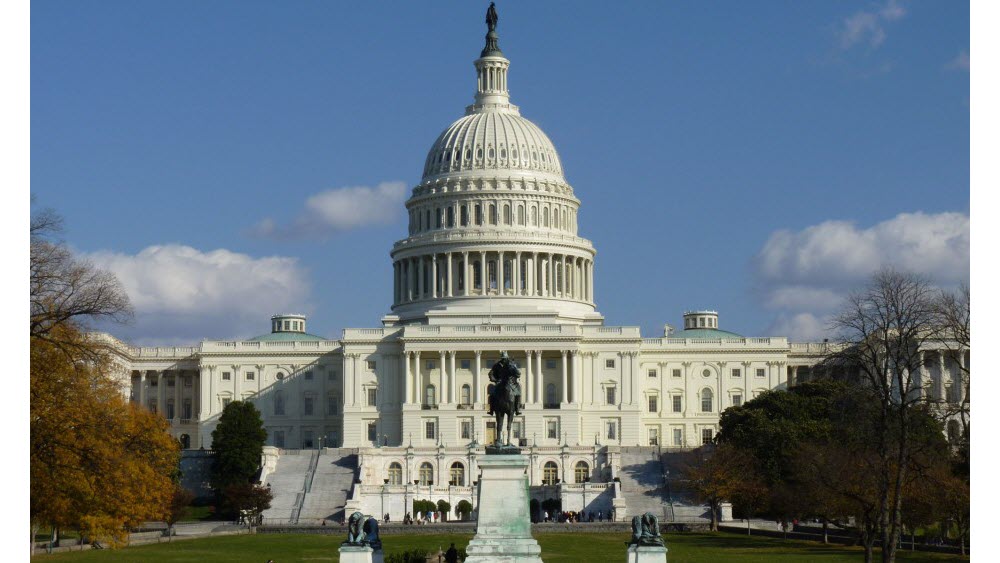House Looks at Supply-Chain Security

The smarter way to stay on top of broadcasting and cable industry. Sign up below
You are now subscribed
Your newsletter sign-up was successful
The House Communications Subcommittee took a hard look at communications supply-chain security Wednesday (May 16), and the clear takeaway was that there are no easy answers or solutions.
The other message was that Chinese telecoms will have a tough time being part of the trusted supply chain that is the end game.
ZTE and Huawei took plenty of hits, as did the Trump administration, for the President's tweet that the Commerce Department should be helping ZTE and trying to save Chinese jobs after Commerce sanctioned the company only weeks ago. The FCC is proposing cutting ZTE equipment out of USF funds, and the Armed Services Committee is proposing banning government purchases of equipment from both ZTE and Huawei. The U.S. has also banned the sale of phones from ZTE and Huawei on U.S. military bases.
The witnesses generally agreed that a policy of simply banning bad actors is not sustainable, and that what is needed is a process for identifying risks, prioritizing them since making the supply chain absolutely secure is impossible, and sharing them with industry.
That could mean identifying individual companies or products.
Subcommittee chairman Marsha Blackburn (R-Tenn.) suggested blanket bans would be the quick and easy solution, but that there were not quick and easy solutions.
Vice chairman Rep. Leonard Lance (R-N.J.) said he was concerned about "lessening" the punishment for ZTE, as the president has suggested could happen, but even more vocal on that issue was New Jersey Democrat Rep. Frank Pallone.
The smarter way to stay on top of broadcasting and cable industry. Sign up below
"[R]ather than crafting a coherent plan forward, the Trump administration has made this problem significantly more difficult," he said. "With a tweet, the President muddled his own foreign policy—if he had one. After the Commerce Department announced strong sanctions against ZTE for risking our national security, this weekend the President tweeted that he is now worried these sanctions will cost jobs in China. This makes absolutely no sense."
What most everyone agreed did make sense was taking a hard look at options and the unintended consequences of rash or overly broad actions.
Contributing editor John Eggerton has been an editor and/or writer on media regulation, legislation and policy for over four decades, including covering the FCC, FTC, Congress, the major media trade associations, and the federal courts. In addition to Multichannel News and Broadcasting + Cable, his work has appeared in Radio World, TV Technology, TV Fax, This Week in Consumer Electronics, Variety and the Encyclopedia Britannica.

